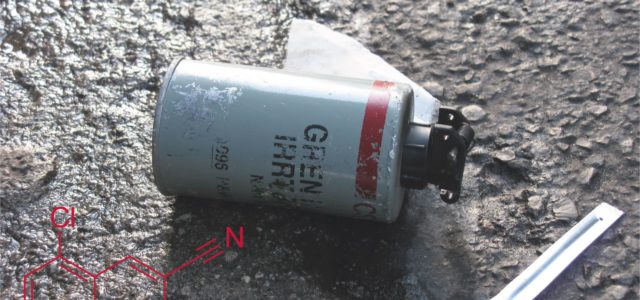Ishan Khurana, Hanadi Rammu, Sam Van Stroud, Mario Morvan, Audrey Ryback, Lukas Kikuchi & Thomas Mellor
STEM industries, not yet insulated from society, were shut down on the 10th of June as a result of calls from a US based ‘multi-identity, intersectional coalition of STEM professionals’. In the UK, atonement is commencing and the Church of Diversity has increased its attendance. But to reckon with “race” and racism, STEM needs to break its blind faith in E&I committees and engage in a serious reflection on the modern disciplines and their current and historic role in sustaining systems of racist oppression.
As such, we believe it is time for scientists to commit to anti-racist politics, to unite around the Black Lives Matter Movement and to join the struggle against police and state violence.
Institutional racism exists at every level of the UK criminal justice system. Whilst Black people only make up 3% of the population they make up 12% of the prison population, a figure higher than the corresponding figure from the US. The rate of drug use amongst white people is nearly double (10.5%) the rate for Black people (5.8%) whereas Black people are 6 times more likely to be stopped and searched for drugs. And, just as in the US, the British police is increasingly militarised with funding for police technology programmes nearly doubling (after correcting for inflation) from £269 million in 2015 to £495 million in 2019.
Since its inception, British Policing has been informed by ideas that paint colonised subjects as inherently criminal, denying them the right to be ‘innocent until proven guilty’. From the British state’s creation of the Criminal Tribes Act of 1871 in its colonies, to police raids on Black community spaces, and to present-day police brutality against Black people. Such ideologies were and continue to be legitimised by racial sciences, biological determinism and eugenics. It is essential that we understand the legacies of such ideas within our institutions and challenge their increasing influence in society.
The history of police and state violence against people fighting for justice is long and bloody: the targeted FBI operations against Black leaders in the US, the Metropolitan Police and the para-military Special Patrol Group’s activities against Black activists and intellectuals in the UK, the police violence against the LGBTQ community, the military-style operations to clear indigenous protests against oil pipelines on behalf of fossil fuels companies. All these actions are made possible by the arms manufacturers profiting from the tear gas, the riot shields and the rubber bullets. The same arms manufacturers and fossil fuel corporations that recruit from our science and engineering departments.
As scientists, we must interrogate our role within STEM industries that are maintaining racist structures. For instance, data scientists must take responsibility for their role in developing facial recognition systems, some with false positive rates in excess of 90%. Such tools will undoubtedly be used to justify the stopping and searching of Black people, while at the same time allowing the police force to hide behind an algorithm. Corporations servicing the prison and military industrial complex, profiteering from violence inflicted on Black lives at home and abroad would fail to function without the complicity of the scientists and engineers involved. Moreover our skills have better uses.
Science has been central to the colonial project and in the perpetuation of racism, often funded by colonial exploitation and the slave trade. However, as Forensic Architecture’s recent modelling of the Mark Duggan killing shows, it can be used to challenge racism and police violence. But with research funding increasingly linked to industry collaboration, we must ask how departmental funding is shaped by marketisation and how it consequently impedes us from doing more socially useful work. Just because an oil or arms company can pay, doesn’t mean our students should be doing research for them.
At this moment we can take inspiration from the engineers at Lucas Aerospace who produced an Alternative Corporate Plan advocating that organisations’ infrastructure be used to produce socially useful products. We believe that a similar plan is necessary for STEM, one that attempts to disentangle our fields from the military industrial complex, the fossil fuel industries, the financial sector etc.
The machine that is modern science has always been used to aid the colonial ecology. It is time for scientists to sabotage this symbiotic system and instead think seriously about reparatory technological development.
Ishan Khurana is a PhD researcher on the LZ Dark Matter Experiment (UCL); Hanadi Rammu is a PhD Researcher investigating Membranes at The Origin of Life (UCL); Sam Van Stroud is a PhD researcher on the ATLAS Experiment (UCL); Mario Morvan is a PhD Researcher investigating Extrasolar Planets (UCL); Audrey Ryback is a PhD researcher in Adaptive Immune Receptor Repertoire Sequencing (University of Edinburgh); Lukas Kikuchi is a PhD Researcher in Stochastic Systems (Department of Applied Mathematics, Cambridge University); Thomas Mellor is a PhD Researcher in Theoretical Molecular Line List Generation (UCL)
